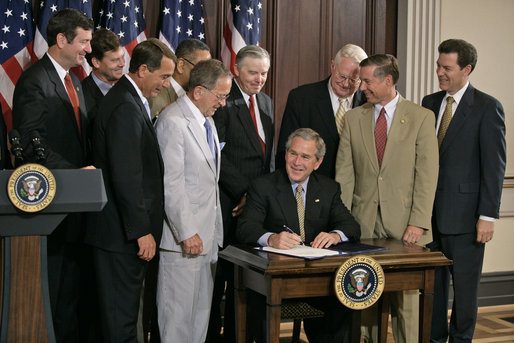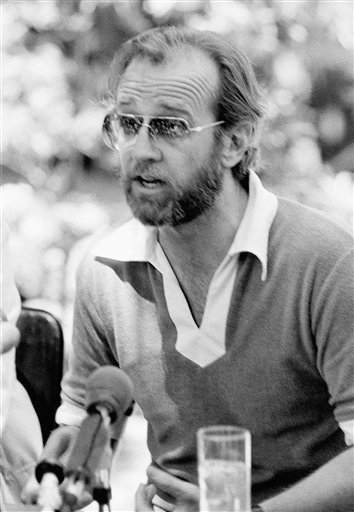Indecency and the Electronic Media

The Federal Communications Commission (FCC) defines indecency in the broadcast industries as “language or material that, in context, depicts or describes, in terms patently offensive as measured by contemporary community standards for the broadcast medium, sexual or excretory organs or activities.” Once established by the Communications Act of 1934, the FCC began to regulate the program content of television and radio broadcasts to prevent the airing of inappropriate material.
Indecency should not be confused with obscenity. Obscenity refers to expression that receives no First Amendment protection. By contrast, indecency is often protected by the First Amendment, at least for adults.
Courts have sanctioned restricting indecent broadcasts between 6 a.m. and 10 p.m.
Courts have sanctioned restricting indecent broadcasts during hours when children may be exposed to such programming. In the first major landmark case on indecency over the airwaves, Federal Communications Commission v. Pacifica Foundation (1978), a father, while driving with his 15 year-old son, heard a 2 p.m. broadcast of “Seven Dirty Words” by comedian George Carlin.

The father complained to the FCC, on his son’s behalf, that his son should not have to listen to obscene material. In response, the FCC ruled that Carlin’s monologue was not obscene but indecent, and that it should not have been broadcast on radio when minors could be listeners. The Supreme Court agreed. In a 5-4 vote, it held that the FCC had ruled correctly and that it had the authority to regulate indecent speech.
After the Pacifica ruling, the FCC began issuing rules to define indecent and profane speech and to prohibit the broadcast of such material between the hours of 6 a.m. and 10 p.m. Today, the FCC regularly screens complaints, determines what is indecent and profane, and issues fines to uphold indecency standards.
FCC screens what is indecent
Material that is graphic, repeatedly focuses on offensive material, and titillates is subject to FCC scrutiny. For example, the FCC fined a university radio station for airing a rap song with lyrics explicitly describing anal intercourse. Because the song was aired in midafternoon when children were possibly in the audience, the broadcast was eligible for FCC regulation.
cited https://mtsu.edu/first-amendment/article/971/indecency-and-the-electronic-media
